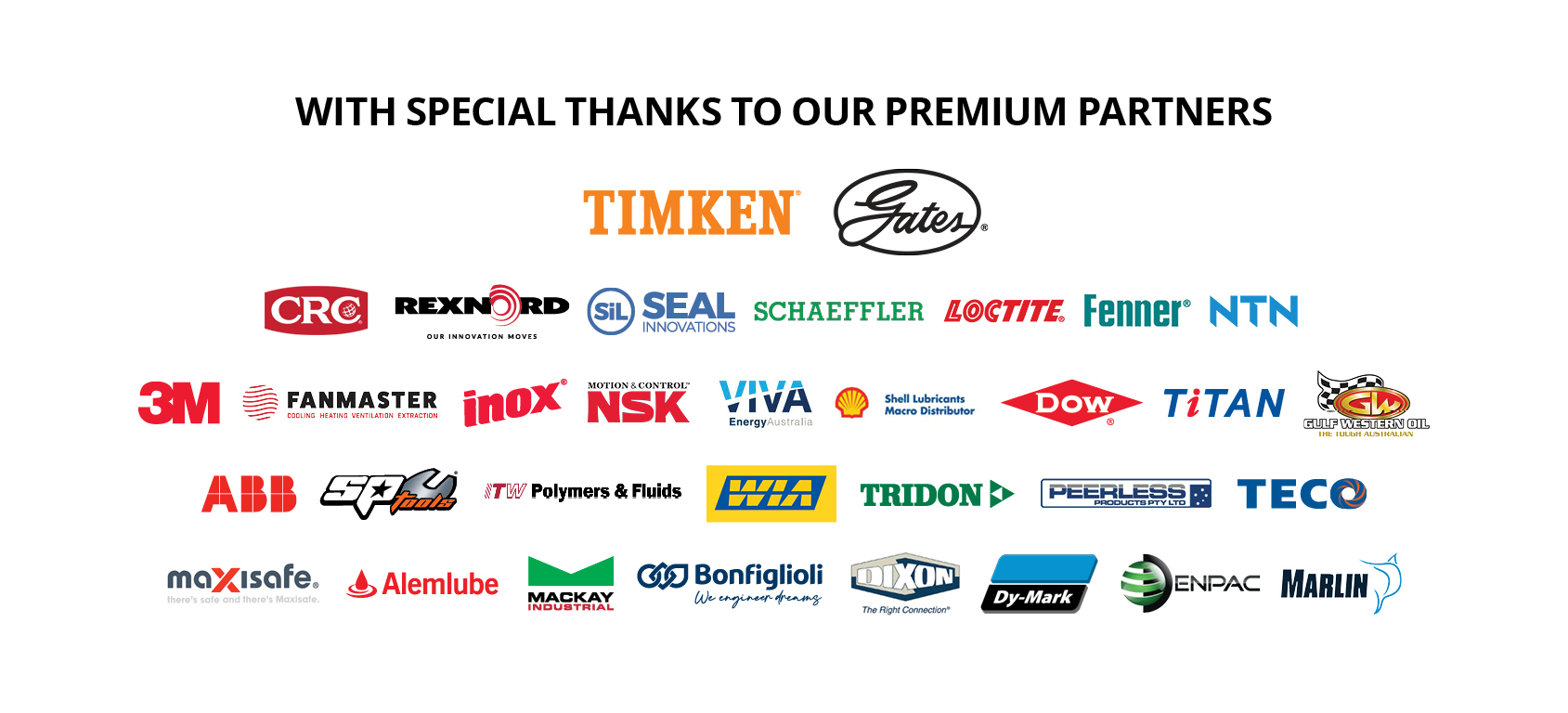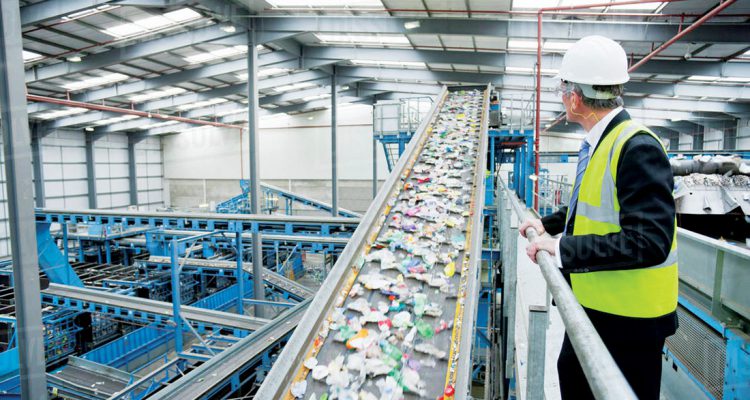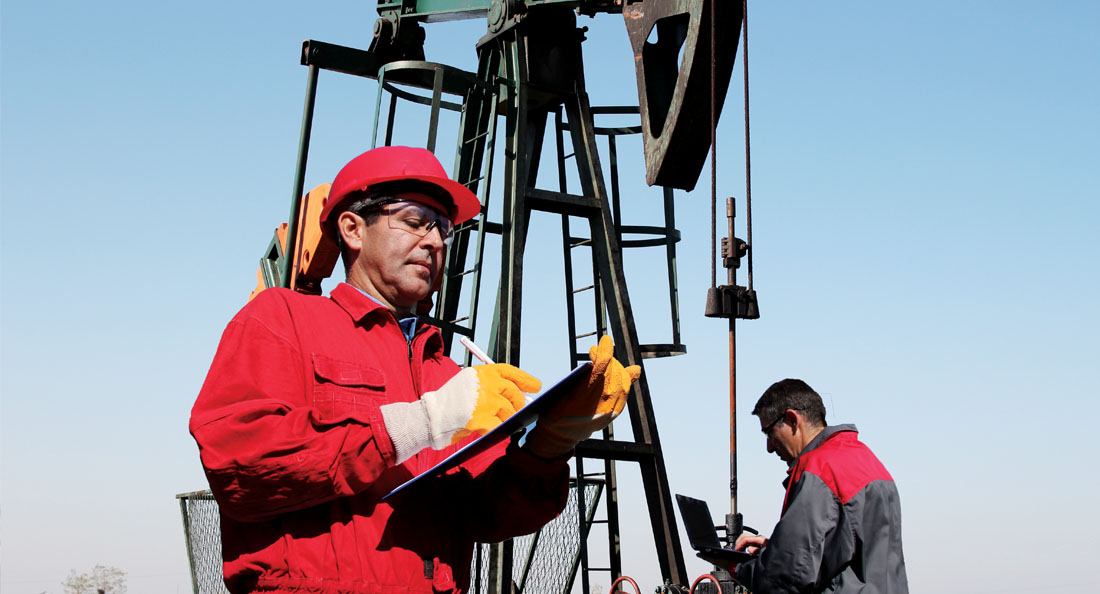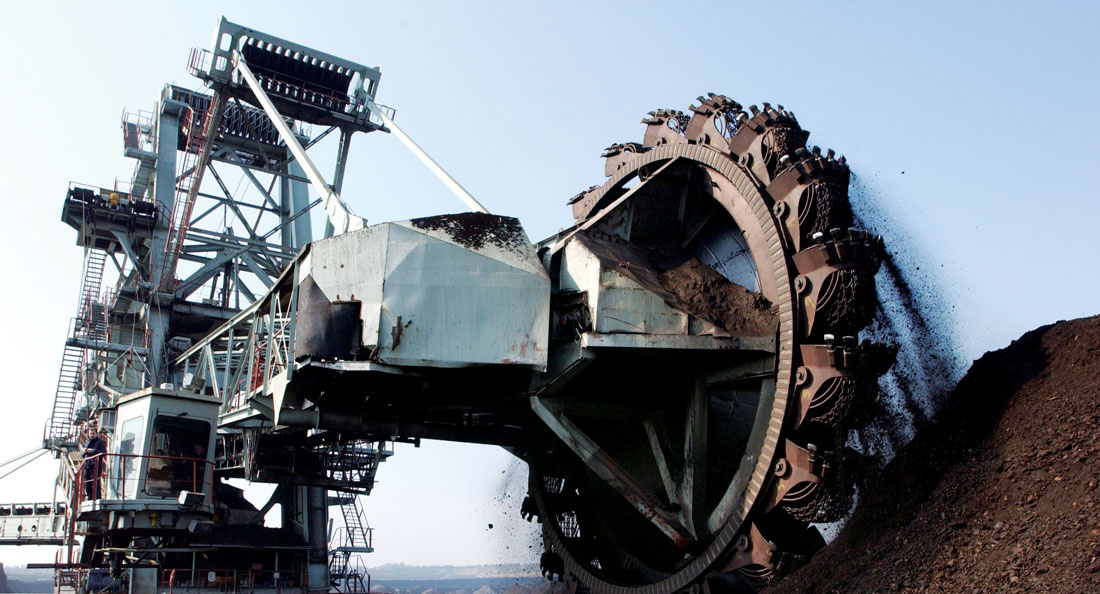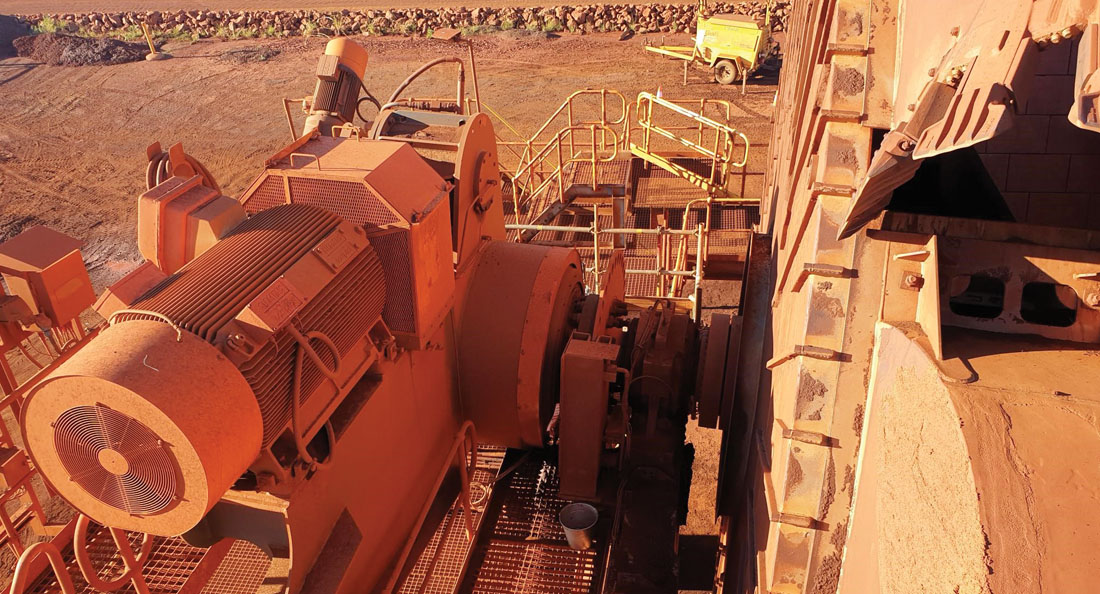At the core of all recycling plants is the rotating equipment that keeps them functioning, whether that be in metal, glass or pulp and paper processing. CBC Australia is a recognised leader when it comes to the supply of industrial components such as bearings, power transmission and industrial products. It is through their unique engineering arm, however, that customers see a real point of difference.
CBC Group Engineering is a unit of CBC Australia comprising an elite group of engineers. According to Engineering Manager Ryan Kendrigan, it is “the engine room of the organisation” and the demand for engineering services has accelerated considerably in the last 15 years. The team comprises mechanical engineers who have reliability and condition monitoring skills as well as the data analytics capabilities to provide process improvement.
“Being able to analyse and crunch data and the nuances involved is specialised. It is something that requires ongoing training and development to hone skills and constantly develop,” Kendrigan explains. “The bottom line though is that all recycling plants will be looking at improving the reliability of their equipment. A lot of sites have budgetary constraints and will tend to outsource that area of technical expertise around components, so this is where CBC have an opportunity to add value.”
The CBC Engineering arm offers a two-part program to customers that includes a slew of sub-services under the categories of condition monitoring and process improvement.
“Engineering site surveys and audits will give us critical asset information so that we can then see where we can standardise components to save the customer money,” Kendrigan says. “The condition monitoring entity can incorporate simple assessment such as oil analysis, or on the other end of the spectrum, vibration and ultrasonic analysis.”
Moreover, condition monitoring allows for businesses to develop a predictive maintenance strategy. In other words, predictive maintenance is how businesses apply the information provided by condition monitoring assessment to plan their maintenance.
However, Kendrigan asserts that where CBC truly excels is in its process improvement services. Process improvement involves improving the uptime of machinery, or the time that a machine is in operation, which can greatly benefit a recycling plant operation.
“Many service companies offer condition monitoring assessment,” Kendrigan says. “Where CBC is unique is in our capability to provide process improvement – we have a suite of design and manufacturing services to support our existing supply of components. Which means we can ensure the equipment is fit for purpose and functioning at its highest capacity.”
Having access to a sundry range of parts through CBC Australia’s umbrella companies also translates to better outcomes for customers in this sector.
“Having a diverse range of equipment gives us the capacity to draw on anything that’s best fit,” Kendrigan says. “If you have access to everything, you can choose what is the best fit for each specific piece of equipment. We can also draw on a nationwide database of clients to see what solutions are being utilised and proven to work in recycling plant applications.”
Importantly, the CBC engineering team can design and draft equipment as well as provide product application engineering and reverse engineering.
“It all comes down to making sure a piece of equipment is working at its optimal capacity.” Kendrigan says. “If certain components are no longer available or if the traditional offering is not the optimal component, we can design and manufacture components that are fit for purpose.”
CBC Australia also offers asset care and a rotable process, to manage a customer’s critical assets as well as provide repair and refurbishment on parts. In this type of scenario, CBC will keep equipment in rotation to ensure that a customer always has a back up available and that their equipment is running at optimal capacity.
“For recycling plant businesses, the ability for assets to operate at maximum capacity for a prolonged period equates to increased output, fewer maintenance costs and ultimately more profit.”
